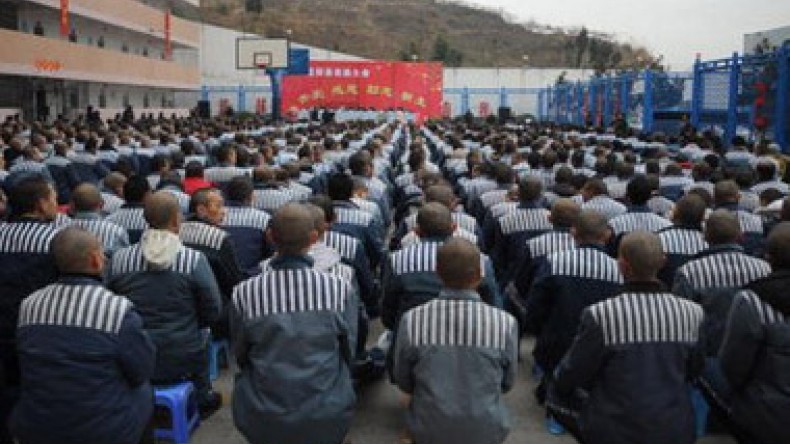
China to stop harvesting executed prisoners' organs
China has promised to stop harvesting organs from executed prisoners by 1 January, the BBC reported, citing state media.
It has said for many years that it will end the controversial practice. It previously promised to do so by November last year.
Death row inmates have long served as a key source for transplants.
China has been criticised for taking their organs without consent, but has struggled to encourage voluntary donations due to cultural concerns.
Prisoners used to account for two-thirds of transplant organs, based on previous estimates from state media.
For years, China denied that it used organs from executed prisoners and only admitted to the practice a few years ago.
The Chinese authorities put more prisoners to death every year than the rest of the world combined - an estimated 2,400 people in 2013 - according to the San Francisco-based prisoners' rights organisation, Dui Hua.
State media reported on Thursday that the head of the country's organ donation committee Huang Jiefu said that by 1 January 2015, only voluntarily donated organs from civilians can be used in transplants.
So far 38 organ transplant centres around the country, including those in Beijing, Guangdong and Zhejiang, have already stopped using prisoners' organs, according to reports.
Dr Huang, who was addressing a seminar, said that every year about 300,000 people in China need transplanted organs, but only 10,000 operations are carried out.
Newsfeed
Videos






























